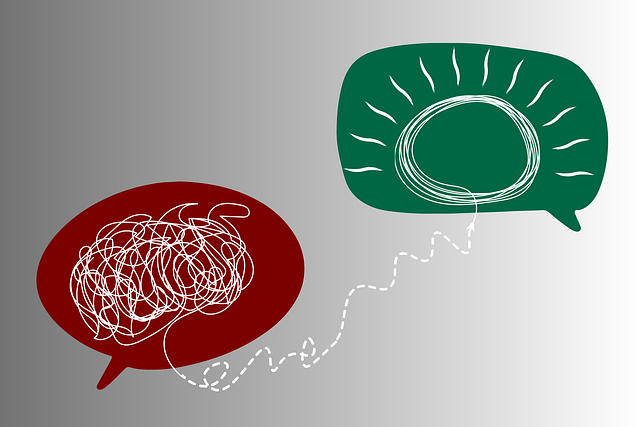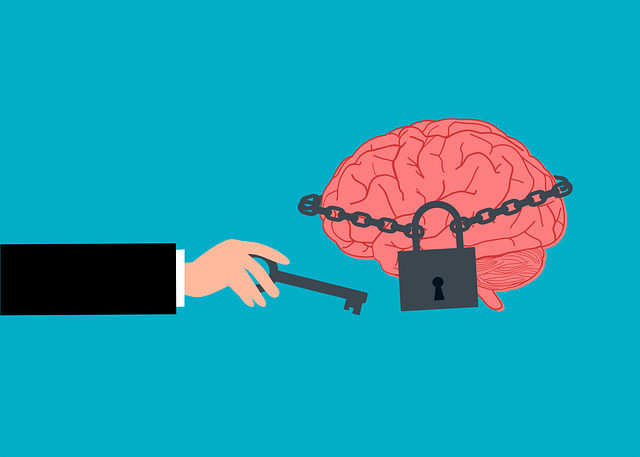Aurora Drug Abuse-Substance Abuse Therapy emphasizes coping skills development through mindfulness meditation and mental wellness journaling to empower individuals in managing triggers like stress, anxiety, and cravings. Identifying personal triggers and stressors through introspection is crucial for effective coping strategies tailored to each individual's unique needs. Healthy coping mechanisms such as deep breathing, physical activity, balanced diets, adequate sleep, and setting boundaries promote emotional balance and resilience, vital for long-term recovery from drug abuse. Integrating these skills into daily life through a holistic approach helps clients build inner strength, make healthier choices, and achieve lasting well-being, freeing them from addiction's hold.
Coping skills development is a pivotal aspect of substance abuse recovery, empowering individuals to navigate life’s challenges without resorting to addictive behaviors. This article guides you through the process, from understanding the significance of coping skills in Aurora drug abuse therapy to identifying personal triggers and integrating effective strategies into daily routines. Discover proven techniques to cultivate healthy coping mechanisms, fostering long-term recovery and a balanced lifestyle.
- Understanding Coping Skills and Their Significance in Substance Abuse Recovery
- Identifying Personal Triggers and Stressors: A Crucial Step Towards Development
- Techniques to Cultivate Healthy Coping Mechanisms
- Integrating Coping Strategies into Daily Life: Sustaining Long-Term Recovery
Understanding Coping Skills and Their Significance in Substance Abuse Recovery

Coping skills are essential tools in the journey towards substance abuse recovery. They empower individuals to navigate challenging situations and emotions without resorting to harmful behaviors. Understanding coping strategies, such as mindfulness meditation and mental wellness journaling exercises, is crucial for anyone seeking to overcome drug abuse. These techniques offer healthy alternatives to managing stress, anxiety, and cravings, which are common triggers for relapse.
In the context of Aurora Drug Abuse-Substance Abuse Therapy, coping skills development forms a key component of comprehensive treatment plans. By teaching individuals effective strategies like mindfulness meditation and journaling, therapists help them build resilience against burnout, especially among healthcare providers who often face high-stress environments. This guidance enables participants to take control of their mental wellness, fostering a sense of stability and balance crucial for long-term recovery and improved overall well-being.
Identifying Personal Triggers and Stressors: A Crucial Step Towards Development

Identifying personal triggers and stressors is a fundamental step in coping skills development. It’s akin to recognizing the unique signature of one’s emotional landscape. By understanding what sets off feelings of stress, anxiety, or even triggers relapse in cases like Aurora Drug Abuse-Substance Abuse Therapy, individuals can begin to navigate their emotions more effectively. This process involves introspection and self-awareness, where one must be honest with themselves about situations, people, or thoughts that cause distress.
For instance, a former patient battling substance abuse might realize that certain environments or social situations stir up feelings of unease or cravings. Others may discover specific stressors related to work, family, or financial obligations. Once these triggers are identified, individuals can start to devise strategies to manage them better. This could involve changing one’s environment, seeking support from mental health professionals through mood management therapy, or adopting healthy coping mechanisms tailored to their unique needs.
Techniques to Cultivate Healthy Coping Mechanisms

Cultivating healthy coping mechanisms is an essential aspect of overall well-being and can significantly impact one’s ability to navigate life’s challenges. Techniques such as mindfulness meditation, deep breathing exercises, and engaging in regular physical activity have proven effective in managing stress and promoting emotional balance. These practices not only help individuals process difficult emotions but also foster a sense of calm and clarity. For those dealing with substance abuse issues, like those seeking Aurora Drug Abuse-Substance Abuse Therapy, developing robust coping skills is crucial for long-term recovery. It enables them to avoid or effectively manage triggers that could lead to relapse.
In addition to these activities, prioritizing self-care practices is vital. This includes maintaining a balanced diet, getting enough sleep, and setting boundaries to prevent burnout. Addressing the Mental Illness Stigma Reduction Efforts can also empower individuals to seek help without fear of judgment, encouraging proactive coping strategies. For mental health professionals, risk assessment is essential to ensure they have the tools to support clients while safeguarding their own well-being, especially in high-risk cases. By integrating these techniques into daily routines, individuals can build resilience and adapt more effectively to life’s curveballs.
Integrating Coping Strategies into Daily Life: Sustaining Long-Term Recovery

Integrating coping strategies into daily life is a vital step towards sustaining long-term recovery from drug abuse and substance addiction. The journey to healing isn’t just about overcoming acute crises but also mastering tools to navigate life’s challenges. At Aurora Drug Abuse-Substance Abuse Therapy, our approach goes beyond traditional therapy sessions. We equip individuals with practical coping mechanisms that can be seamlessly incorporated into their routines.
This process involves a combination of crisis intervention guidance and fostering inner strength development. By cultivating positive thinking and resilience, clients learn to respond rather than react to stressful situations. These strategies empower them to make healthier choices, reduce triggers, and build a foundation for lasting well-being. Over time, these coping skills become second nature, enabling individuals to thrive in various aspects of their lives, free from the grip of addiction.
Coping skills development is a vital component of sustained recovery from substance abuse, as highlighted by Aurora Drug Abuse-Substance Abuse Therapy. By understanding and implementing healthy coping mechanisms, individuals can effectively manage stress and triggers, preventing relapse and fostering long-term well-being. Integrating these strategies into daily life allows for better navigation of challenges, ensuring a more harmonious and fulfilling recovery journey.












